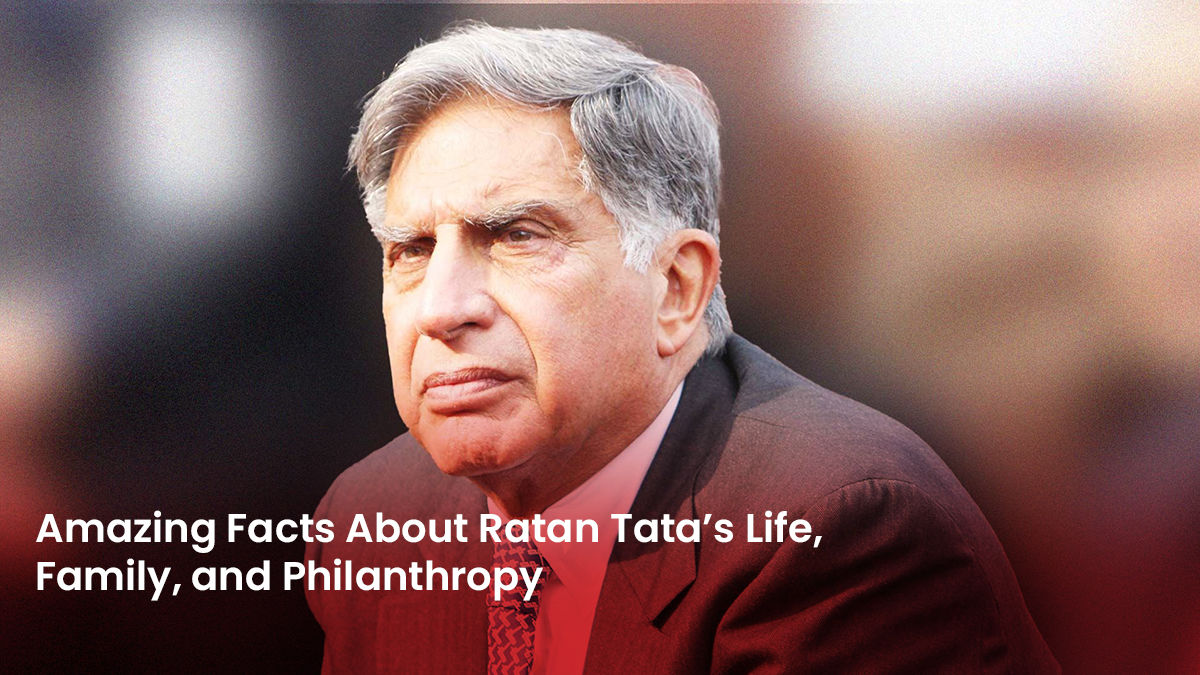Do you dream of earning a PhD degree? Do you fancy using the title Dr. before your name?
Well, if you aim to pursue a PhD, it’s crucial to understand what this degree program actually entails before diving into the process. So, what is the full form of PhD?
The PhD full form is Doctor of Philosophy, but it is not limited to philosophy alone. A PhD course is the highest academic degree awarded in fields like science, engineering, humanities, social sciences, and business.
A PhD is the idyllic qualification for individuals passionate about research, innovation, and academic excellence. Whether you want to become a professor, scientist, policy-maker, or industry expert, a PhD provides a solid foundation for high-level careers.
So, want to learn more about the PhD course structure, its importance, eligibility criteria, entrance exams, the admissions process for 2025, scholarships and more?
Well, dive in!
PhD full form and meaning
The full form of PhD degree is Doctor of Philosophy. It is a globally recognized doctoral-level qualification awarded to students who complete original research in a specialized field.
Despite the term “Philosophy” in its name, Do not interpret that a PhD degree is restricted to merely philosophical studies!
It is offered in a wide range of academic disciplines as listed below:
- Science and Technology (Physics, Chemistry, Biology, AI, Robotics, Engineering)
- Medical Sciences (Pharmacology, Public Health, Neuroscience, Biotechnology)
- Social Sciences (Psychology, Sociology, Anthropology, Political Science)
- Business and Management (Economics, Marketing, Leadership, Finance)
- Humanities and Arts (History, Literature, Linguistics, Philosophy)
In essence, earning a PhD is not just earning any random degree! It is about gaining in-depth knowledge in a particular field, solving complex problems, and pushing the boundaries of your understanding.
PhD full form in education
In educational research, a PhD plays a crucial role in shaping teaching methodologies, policy development, and curriculum advancements.
Some of the most sought-after PhD specializations in education include:
- PhD in Educational Leadership – Focuses on policy-making, administration, and school management
- PhD in Curriculum Studies – Enhances teaching methods and learning techniques
- PhD in Special Education – Improves education for students with disabilities
- PhD in Online Learning & EdTech – Explores the impact of digital platforms in education
So, if you are a teacher, administrator, or researcher, you may consider pursuing a PhD in education. This degree program will revolutionize your learning process and help you develop innovative strategies for attaining success in the education realm.
PhD course full form and structure
As stated at the inception of this article, the PhD course full form is Doctor of Philosophy, and is designed for students who want to pursue advanced research in their respective fields.
Structure of a PhD course
Here’s the detailed structure of a PhD course to help you get a fair idea of what this course entails and what you may expect during the program duration.
Coursework
This entails foundational research training, methodology, and subject-specific classes, enabling students deep dive in their chosen subject.
Comprehensive exams
These exams are crucial to test the student’s knowledge before starting independent research.
Research proposal submission
This aspect includes outlining research objectives, methodology, and expected contributions.
Original research and data collection
Conducting experiments, fieldwork, or theoretical studies is imperative for the successful completion of this degree program.
Publishing research papers
Students also need to contribute to academic journals and international conferences to showcase their research and deep understanding of the chosen subject.
Thesis writing and submission
This is one of the crucial steps of this degree program that entails summarizing research findings in a dissertation.
Final defense
Last but not least, a PhD student needs to present and defend research before an expert panel to earn this coveted degree!
PhD admission 2025: How to apply?
If you are planning for PhD admission 2025, here are key steps to securing a position in a reputed university and elevating your career to greater heights.
1. Check PhD eligibility criteria
The PhD eligibility requirements vary across universities and disciplines, but below are some common criteria that hold for most PhD programs:
- Master’s degree (MSc, MA, MTech, MBA) from a recognized institution with a minimum of 55% marks
- Some universities allow direct PhD admission after a bachelor’s degree through integrated PhD programs (However, the institutions might conduct their own entrance exams for admission to this program)
- Strong research proposal detailing the area of study, methodology, and objectives
- Work experience (Typically needed for professional PhDs like DBA)
2. Appear for PhD entrance exams
Most universities require candidates to pass a PhD entrance exam before admission. The most common entrance exams include:
- UGC NET / CSIR NET – Required for PhD admissions in Indian universities
- GATE – Necessary for PhD admissions in the Engineering and Technology domain
- GRE (Graduate Record Examination) – Required for PhD programs in the USA, Canada, and several other international universities
- University-specific entrance tests – Many institutions have their own exams
3. Select a university and supervisor
- Research top universities, contact potential PhD supervisors, and discuss your vision with them
- Submit applications with a Statement of Purpose (SOP) and Letters of Recommendation (LORs)
4. Attend interviews and research proposal defense
If you get shortlisted, you would need to undergo interviews and may be required to present your research proposal as well. If you are successful at this stage, get ready to receive a PhD admission offer!
PhD course duration: How many years for PhD?
A common question among several PhD aspirants is how many years for a PhD?
The PhD duration depends on multiple factors, including research complexity, funding, and field of study.
PhD duration in India vs. abroad
- PhD duration in India: Typically 3 to 6 years
- PhD duration abroad (USA, UK, Canada): Usually 4 to 7 years
Factors affecting PhD duration
- Field of study – Research in sciences and engineering may take longer due to experiments
- Funding availability – Fully funded students tend to finish sooner
- Thesis approval process – Delays in peer-reviewed publications can extend PhD duration
Also, it is important to note that a full-time PhD is shorter, while a part-time PhD can take six to eight years.
PhD scholarships and funding opportunities
The cost of a PhD course can be high, but there are several PhD scholarships available that you can explore to pursue your dreams and reduce your financial burden.
Top PhD scholarships in 2025
- UGC NET JRF – Indian government-funded scholarship
- Fulbright-Nehru Scholarship – US-India academic exchange program
- DAAD Scholarship – For students pursuing a PhD in Germany
- Erasmus Mundus – Funded PhD programs in Europe
Many universities also offer fully funded PhD programs, covering tuition fees, research expenses, and living costs. It is important to explore all these options and possibilities before plunging into the PhD journey.
Career opportunities after a PhD
A PhD degree from a reputed institute opens doorways to prestigious career opportunities across industries. They are discussed below:
Career paths after a PhD
Academia – Professor, Lecturer, Research Scientist
Corporate research – AI Researcher, Data Scientist, Biotech Specialist
Government and policy – Policy Analyst, Think Tank Researcher
Entrepreneurship – Launching startups based on PhD research
Furthermore, it is important to note that with the rise of AI, biotech, and data science, PhD graduates are in high demand globally.
Conclusion
A PhD course is a challenging yet rewarding journey that leads to academic excellence, research innovations, and high-level careers. Whether you aim for PhD admission in 2025 or are just exploring your options, this degree can elevate your career and entire life to another level!
If research and intellectual curiosity truly drive you, then a PhD is the right path! However, if you have any questions, doubts, or apprehensions about this degree program, it is best to seek professional help.
FAQs
-
What is the full form of PhD?
The PhD full form is Doctor of Philosophy. Despite its name, a PhD is not limited to philosophy but is the highest academic degree awarded in various fields like science, technology, business, social sciences, and humanities.
-
PhD ki full form kya hoti hai?
PhD की फुल फॉर्म डॉक्टर ऑफ फिलॉसफी होती है। यह एक उच्चतम शैक्षणिक डिग्री है जो विभिन्न विषयों में शोध कार्य पूरा करने के बाद प्रदान की जाती है।
-
How many years for a PhD?
PhD duration in India is typically 3 to 6 years, while PhD duration in the USA, UK, Canada, etc. is typically 4 to 7 years. You may also opt for rigorous fast-track PhD programs that take 2 to 3 years.
-
What is a PhD and what does it involve?
A PhD course is the highest academic degree that involves conducting original research on a specific topic, publishing findings in peer-reviewed journals, writing a thesis or dissertation, and defending research before an academic panel.
-
What are the different PhD entrance exams?
The major PhD entrance exams include UGC NET / CSIR NET, GATE, GRE (Graduate Record Examination), and university-specific entrance tests.
-
What are the career opportunities after a PhD?
After completing a PhD course, you can explore career opportunities in Academia, Corporate R&D, Government and Policy, and even entrepreneurship.

























